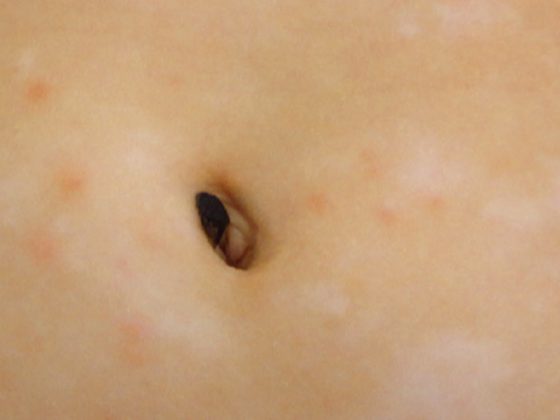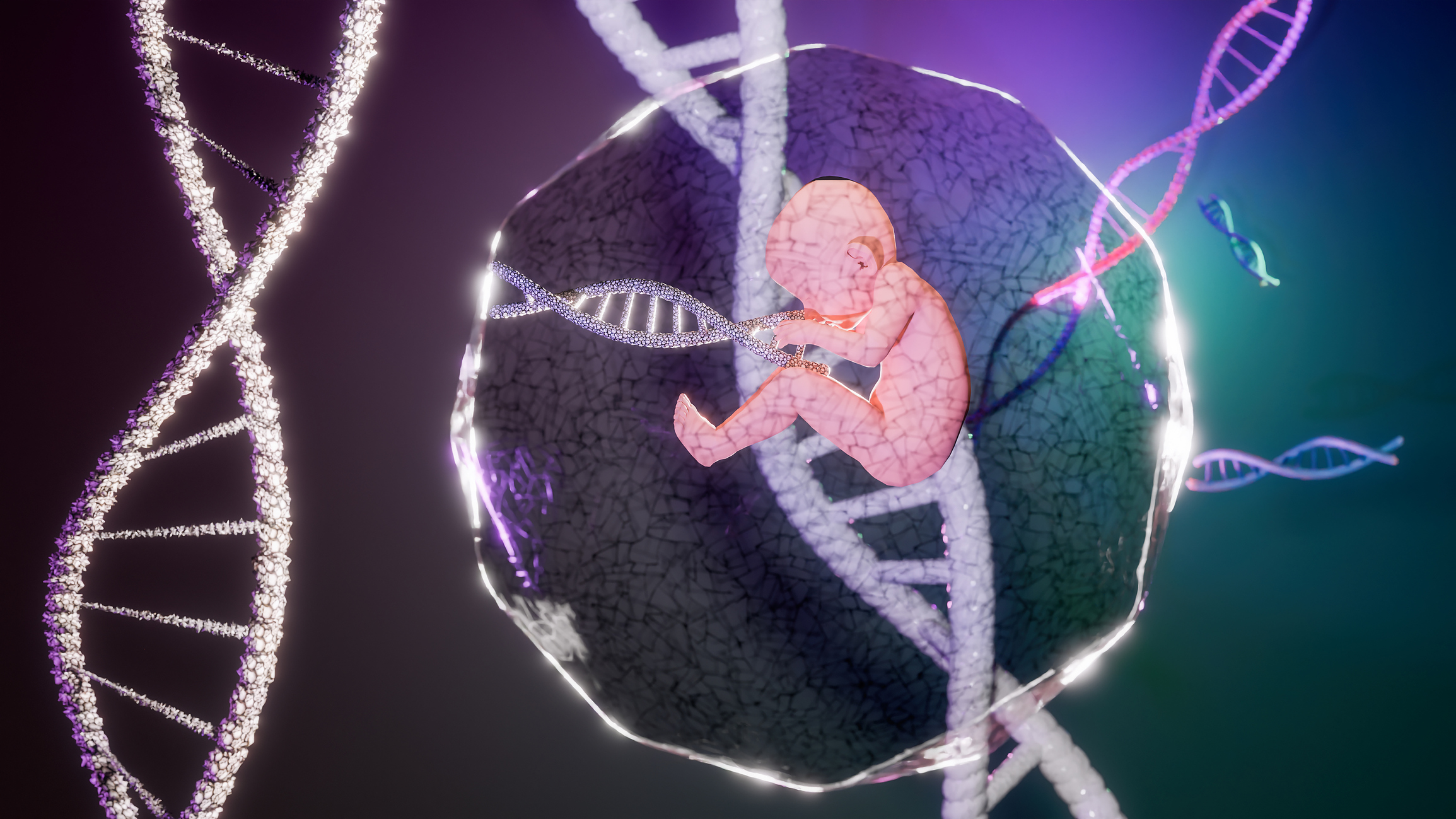Is male infertility a harbinger of cancer? The data situation is unclear. Several studies have shown that there is a higher risk of testicular cancer, but the relationship with other tumors is still open. Therefore, U.S. researchers undertook a cohort study comparing the incidence of different cancers in infertile and fertile men. The results are astonishing in their clarity.
In principle, it is not surprising that genetic processes are involved in reproductive disorders, which can also contribute to the development of malignant tumors – both in women and in men.
Researchers in a study published in the Journal of Urology analyzed fertility and cancer risk in men from an insurance database (between 2001 and 2009) [1]. In total, three groups were compared:
- 76,083 men, mean age 35.1 years, with suspected infertility or confirmed diagnosis (with confirmed cases forming the clear majority).
- 112,655 men who had undergone vasectomy. It can thus be assumed that they had previously been fertile.
- 760,830 men from the control group who were neither infertile nor had had a vasectomy.
Numerous types of cancer studied
Cancer incidence was assessed in light of all-national normative data. Overall and across all cancer types, it was higher in all three cohorts than in men of the same age from the U.S. registry. The observation period was three years. In terms of event rate, infertile men were at significantly higher risk of cancer than the control and vasectomy groups. Overall, the incidence rate for all cancers studied was increased by almost half compared to the control group. The difference was remarkably evident not only in testicular cancer (99 percent increase in rate) but also, for example, in (non)Hodgkin’s lymphoma. Furthermore, prostate, bladder and thyroid carcinomas as well as melanomas or leukemias also occurred significantly more frequently.
Difference between vasectomy and infertility
The group of men who had vasectomies also had higher cancer rates than the control group, which the authors say may be because these men are more likely to use the health care system and thus receive an earlier tumor diagnosis. In favor of differentiating between vasectomy and infertility is the fact that infertile men still developed cancer significantly more often than those after vasectomy. The clearest differences here were seen in testicular cancer and non-Hodgkin’s lymphoma.
Where is the connection?
The authors emphasize that while the results are interesting because they link very different types of cancer to infertility. However, the exact relationship and causality are not clear, he said, and future research needs to make efforts to that end in particular. Retrospective data are insufficient in this context. Conceivable explanations would be, for example, genetic changes that could have both reproductive and non-reproductive consequences. Common risk factors may also play a role, or infertility may be the result of an otherwise hidden cancer.
Literature:
- Eisenberg ML, et al: Increased risk of cancer in infertile men: analysis of US claims data. Published Online: November 14, 2014. DOI:. http://dx.doi.org/10.1016/j.juro.2014.11.080
InFo ONCOLOGY & HEMATOLOGY 2015; 3(2): 3.











